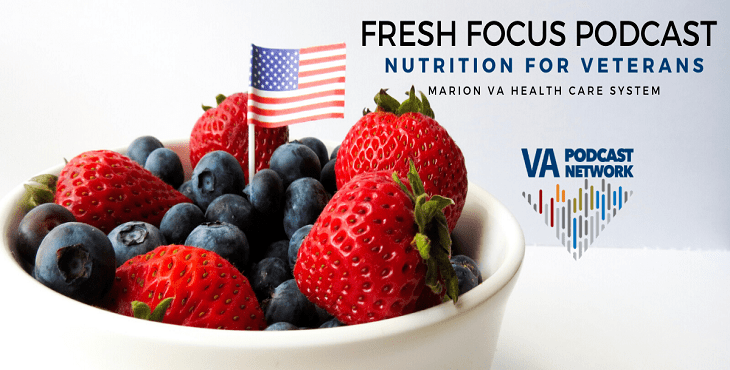Dietitian and Certified Diabetes Educator Jackie Chisholm gives her tips on how to replace processed grains with whole grains. Carbohydrates are not created equal and Chisholm helps sort that out in this episode of Fresh Focus.
Whole grains and starchy vegetables are great sources of antioxidants, vitamins and minerals. But what they are best known for is their carbohydrate and fiber. The healthy plate method of meal planning recommends that people limit 1/4 of a plate to grains or starchy vegetables. This is to make sure to leave room for those non-starchy vegetables that should make up half of a plate. Examples of starchy vegetables include potatoes, corn, peas, winter squash, pumpkin, yams and sweet potatoes.
The healthy plate method also recommends that at least half of grains should be whole grains. Whole grain refers the complete intact grain with none of the nutrients or fiber removed.
There are two types of fiber that occur naturally in foods. Both types of fiber are important for overall good health, making it important to choose a variety of fiber-rich whole foods. Familiar examples of whole grains include 100% whole grain bread, 100% whole wheat pasta, brown rice and oats.
Some tips for replacing processed grains with whole grains include:
- Choose foods with as few ingredients and as close to their natural states as possible.
- Check the nutrition facts label and ingredient list for the words “whole” or “whole grain.”
- The amount of fiber in whole grain foods vary, so choose those with the most. Aim for at least 3 grams of fiber or more per serving.
- For grain-based snacks choose air-popped popcorn, and rye or other 100% whole grain crackers.
- Change up familiar meals by substituting ancient whole grains or seeds in casseroles and grain-based salads, such as pasta salad or rice pilaf.
Learn more
Tune into a podcast episode on Grains and Starchy Vegetables for more information on ways to make a plate a healthier one! Learn more at: https://www.nutrition.va.gov/.
Host Bio: Jackie Chisholm is a Registered Dietitian, Certified Diabetes Educator, Certified Health and Wellness Coach, and diplomate of the American College of Lifestyle Medicine. She serves Owensboro and Hanson Kentucky Veterans including home-based primary care as part of the Marion VA Health Care System.
Topics in this story
More Stories
Caregiving can be a deeply rewarding journey, but it also can be overwhelming and isolating. That’s why support and connection can make all the difference.
The slopes of the Winter Sports Clinic help Veterans with disabilities remember that pushing boundaries—and not their limitations—is what defines them.
One unbreakable bond shows that "even little things can change people’s lives.”





